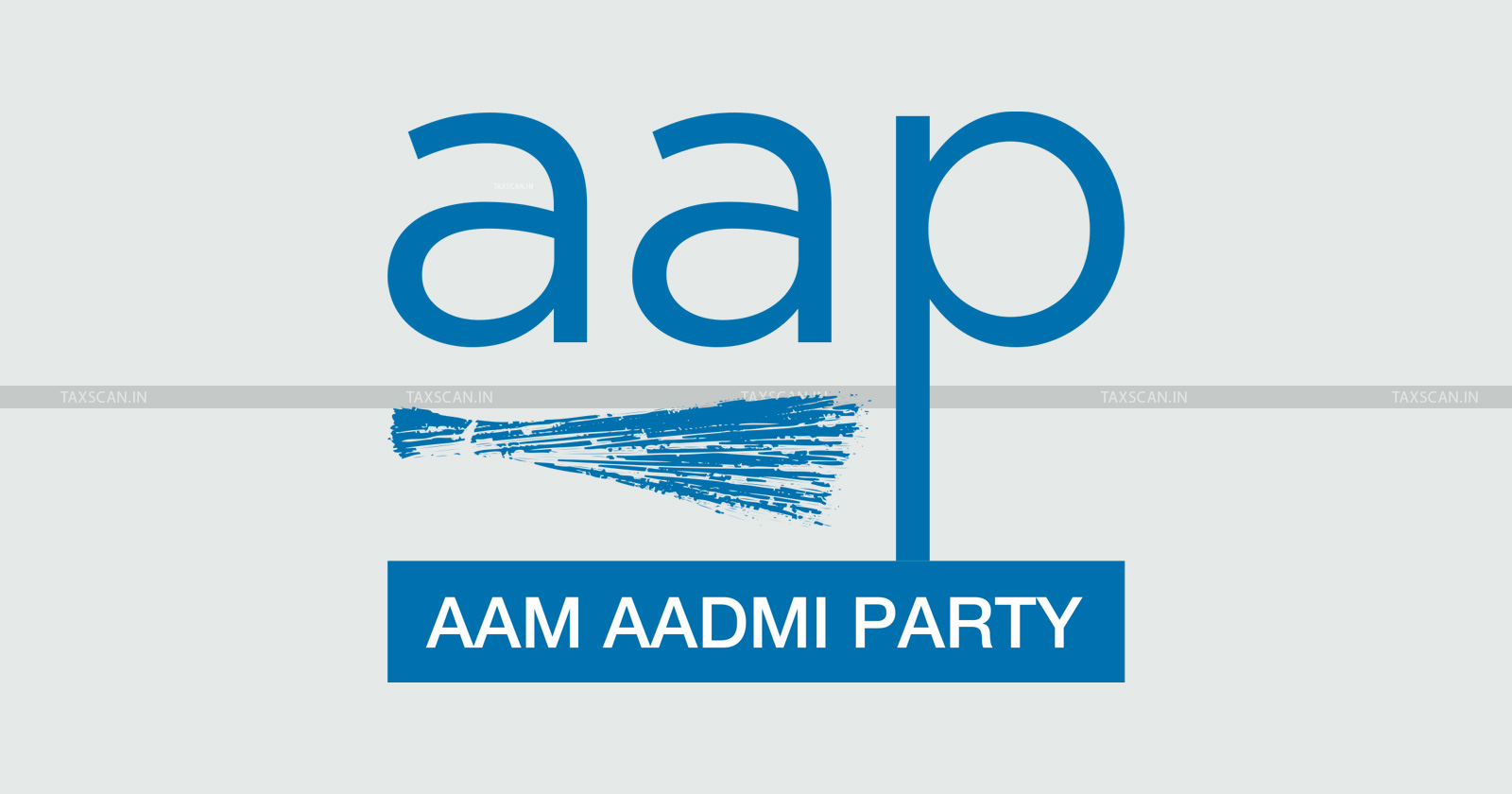Supreme Court sets Final Hearing in February for Aam Aadmi Party NFAC Case
Amendment of Sections 143(3A) and 143(3B) introduced to the Finance Act Tax Act had introduced faceless assessment

Supreme Court – Aam Aadmi Party – Aam Aadmi Party NFAC Case – Aam Aadmi Party legal battle – NFAC controversy – TAXSCAN
Supreme Court – Aam Aadmi Party – Aam Aadmi Party NFAC Case – Aam Aadmi Party legal battle – NFAC controversy – TAXSCAN
The two judge bench of the Supreme Court re listed the Special Leave Petition for final hearing to a later date in February, 2024.
Amendment of Sections 143(3A) and 143(3B) introduced to the Finance Act Tax Act had introduced faceless assessment. The Delhi High Court had held that assessee could not claim faceless assessment as a right. The primary issue that arose for consideration was whether the assessments of the petitioners could be transferred to the Central Circle by way of the impugned orders passed under Section 127 of the Income Tax Act, 1961 without sanction of the Central Board of Direct Taxes ( ‘CBDT’ ).
The Assessee, Aaam Aadmi Party had highlighted before the High Court that the intention of the Central Government to eliminate personal interaction in Faceless Assessments and Appeals which is now the new method of assessing income tax cases and deciding appeals emphasised that the assessments have to be processed only on the basis of written submissions and in electronic mode.
Assessee had contended before the High Court that none of the assessees herein has been subjected to any raid or search but their cases are being sought to be transferred to the Central Circle. Asseessee had contended that the transfers are completely contrary to statutory provisions and vitiated by legal malice. He had further argued that the notifications issued on 12th September, 2019, permitted transfer from the National e-Assessment Centre only to the Assessing Officer having jurisdiction over the case. Assessee argued that this notification was amended by another notification dated 13th August, 2020 and the procedure for transfer was further subjected to prior approval of the CBDT. The assessee argued that in all these notifications this requirement has been completely violated, as there is no “prior approval” of the CBDT.
Revenue had contended before the High Court that the cogent rights have been embedded in the statutory framework under which the Faceless Assessment Mechanism has been incorporated in the Scheme of the Act itself, which undeniably leads to a conclusion that any deviation from giving the benefit to an assessee of this mechanism must be construed strictly.
Revenue had pointed out that the scheme clearly shows that not only a dynamic mechanism is contemplated for undertaking the assessment. Revenue further contended that the scheme clearly incorporates various checks and balances including a multi-layered review mechanism before reaching to a conclusion on the assessment process.Revenue had contended that such additional rights vested in the statute itself cannot be taken away unless specifically provided for.
The two judge bench comprising Sanjeev Khanna and Deepankar Dattav decided to relist the case for final hearing for another day in February, 2024
The assessee was represented by Arvind P. Datar, Kavita Jha, Anant Mann, Vaibhav Kulkarni, Akash Shukla, A.M. Singhvi,Vibhooti Malhotra, Bhuvnesh Satija, Amit Bhandari, Udit Sharma and Sheetal. Revenue was represented by Tushar Mehta, Raj Bahadur Yadav,Kanu Agarwal, Zoheb Hossain, Balaji Srinivasan, B.K. Satija, Naman Tondon, Vaibhav Mishra and Padmesh Mishra and H.R. Rao.
To Read the full text of the Order CLICK HERE
Support our journalism by subscribing to Taxscan premium. Follow us on Telegram for quick updates


